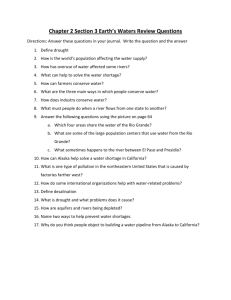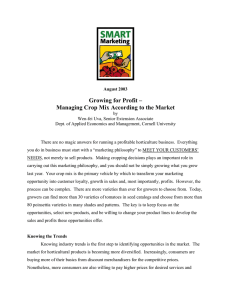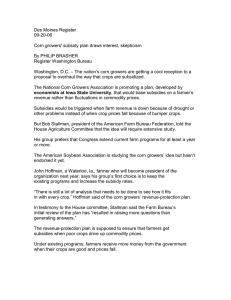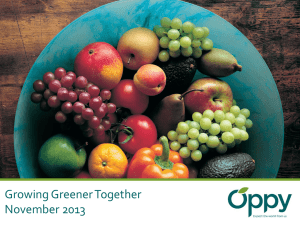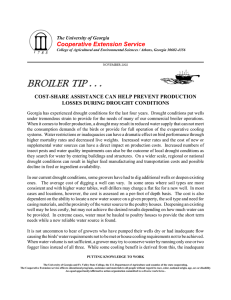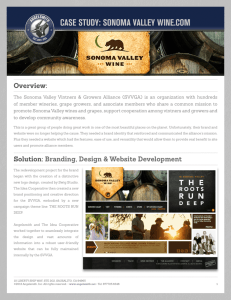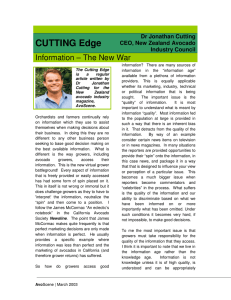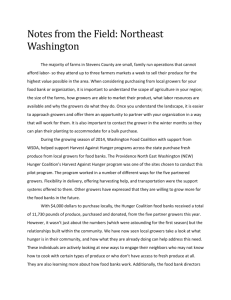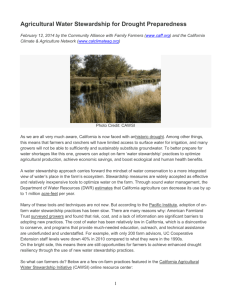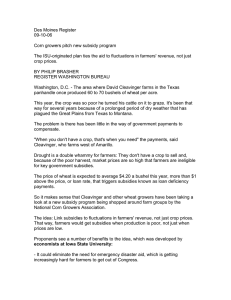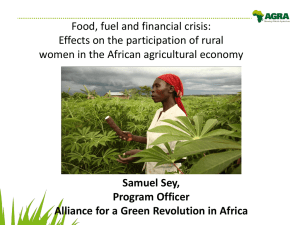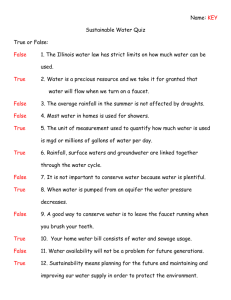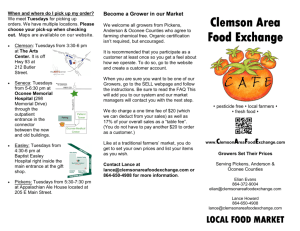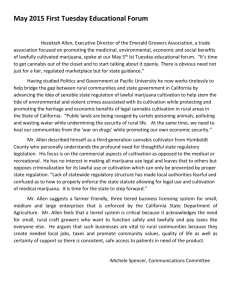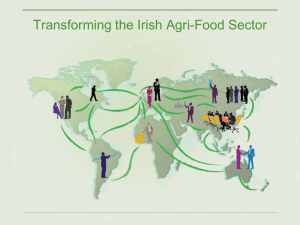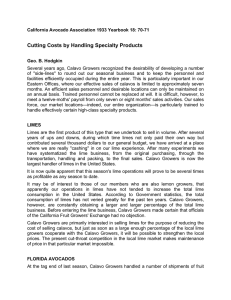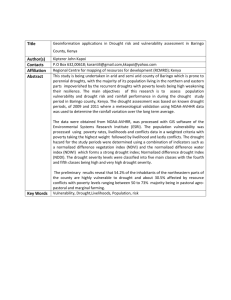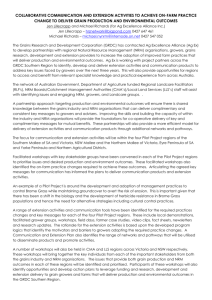Local Game Theory
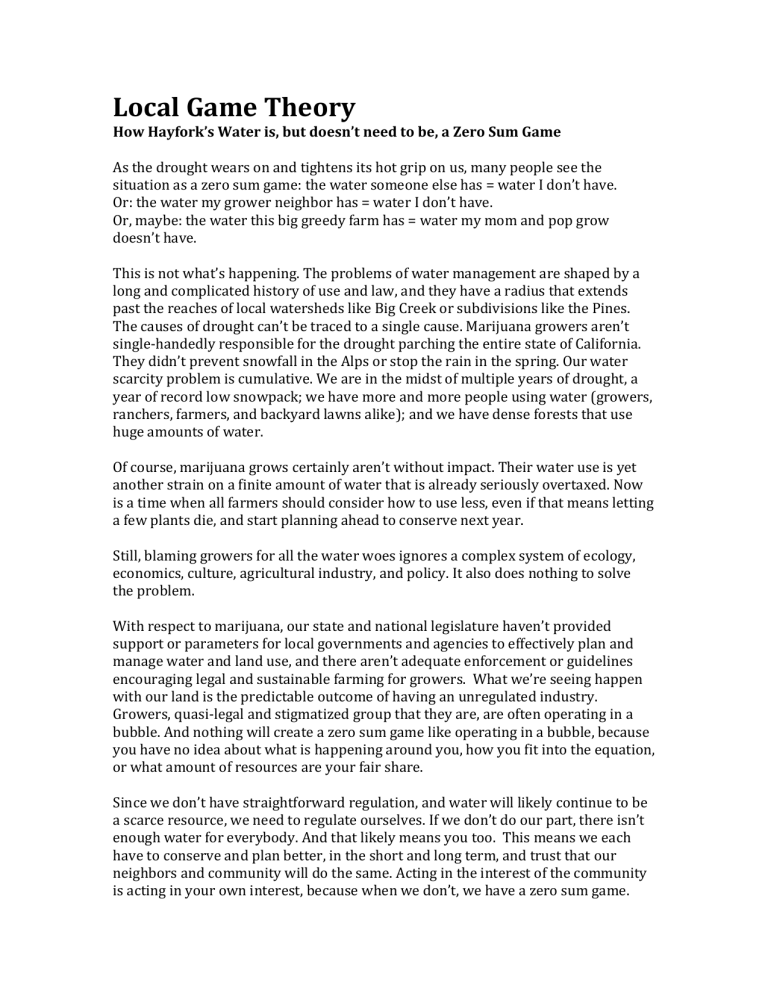
Local Game Theory
How Hayfork’s Water is, but doesn’t need to be, a Zero Sum Game
As the drought wears on and tightens its hot grip on us, many people see the situation as a zero sum game: the water someone else has = water I don’t have.
Or: the water my grower neighbor has = water I don’t have.
Or, maybe: the water this big greedy farm has = water my mom and pop grow doesn’t have.
This is not what’s happening. The problems of water management are shaped by a long and complicated history of use and law, and they have a radius that extends past the reaches of local watersheds like Big Creek or subdivisions like the Pines.
The causes of drought can’t be traced to a single cause. Marijuana growers aren’t single-handedly responsible for the drought parching the entire state of California.
They didn’t prevent snowfall in the Alps or stop the rain in the spring. Our water scarcity problem is cumulative. We are in the midst of multiple years of drought, a year of record low snowpack; we have more and more people using water (growers, ranchers, farmers, and backyard lawns alike); and we have dense forests that use huge amounts of water.
Of course, marijuana grows certainly aren’t without impact. Their water use is yet another strain on a finite amount of water that is already seriously overtaxed. Now is a time when all farmers should consider how to use less, even if that means letting a few plants die, and start planning ahead to conserve next year.
Still, blaming growers for all the water woes ignores a complex system of ecology, economics, culture, agricultural industry, and policy. It also does nothing to solve the problem.
With respect to marijuana, our state and national legislature haven’t provided support or parameters for local governments and agencies to effectively plan and manage water and land use, and there aren’t adequate enforcement or guidelines encouraging legal and sustainable farming for growers. What we’re seeing happen with our land is the predictable outcome of having an unregulated industry.
Growers, quasi-legal and stigmatized group that they are, are often operating in a bubble. And nothing will create a zero sum game like operating in a bubble, because you have no idea about what is happening around you, how you fit into the equation, or what amount of resources are your fair share.
Since we don’t have straightforward regulation, and water will likely continue to be a scarce resource, we need to regulate ourselves. If we don’t do our part, there isn’t enough water for everybody. And that likely means you too. This means we each have to conserve and plan better, in the short and long term, and trust that our neighbors and community will do the same. Acting in the interest of the community is acting in your own interest, because when we don’t, we have a zero sum game.
